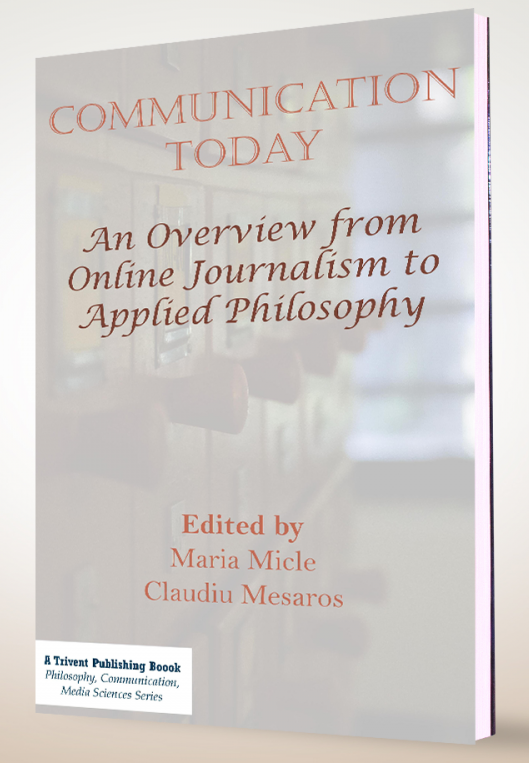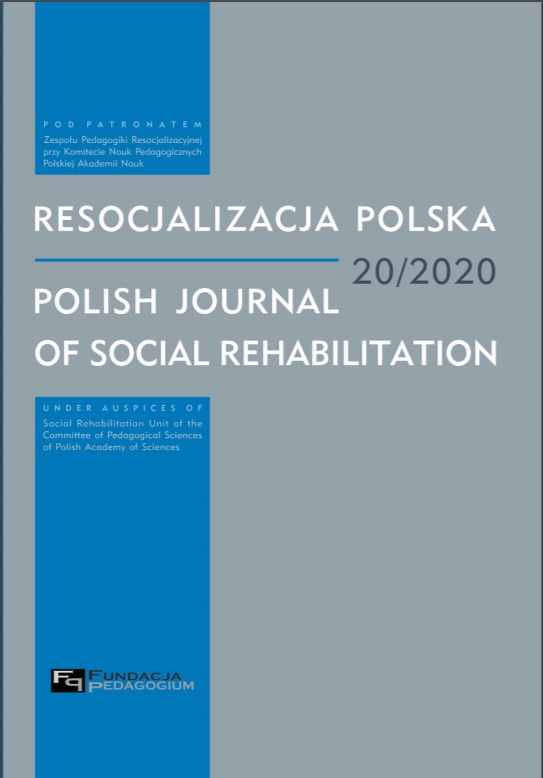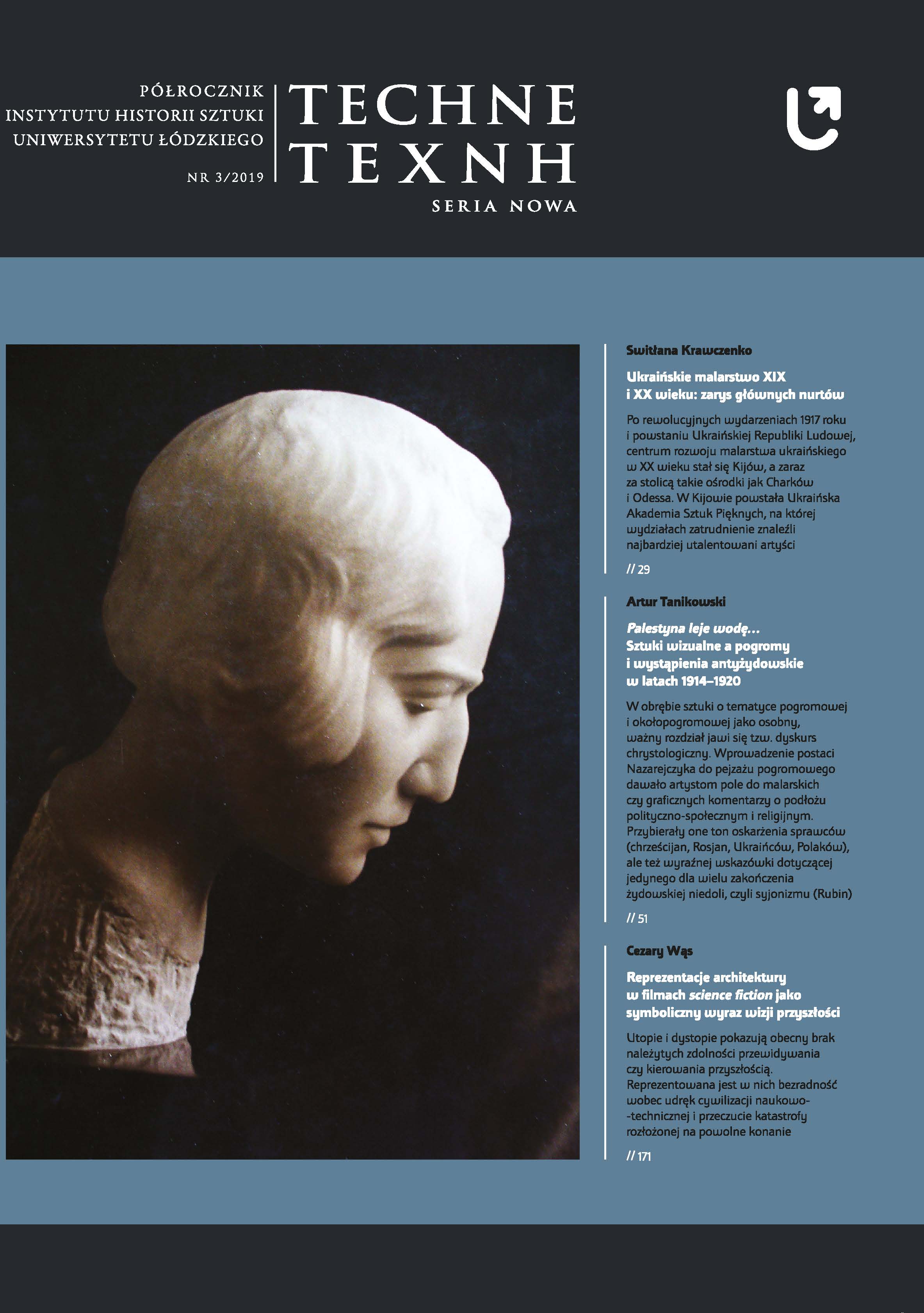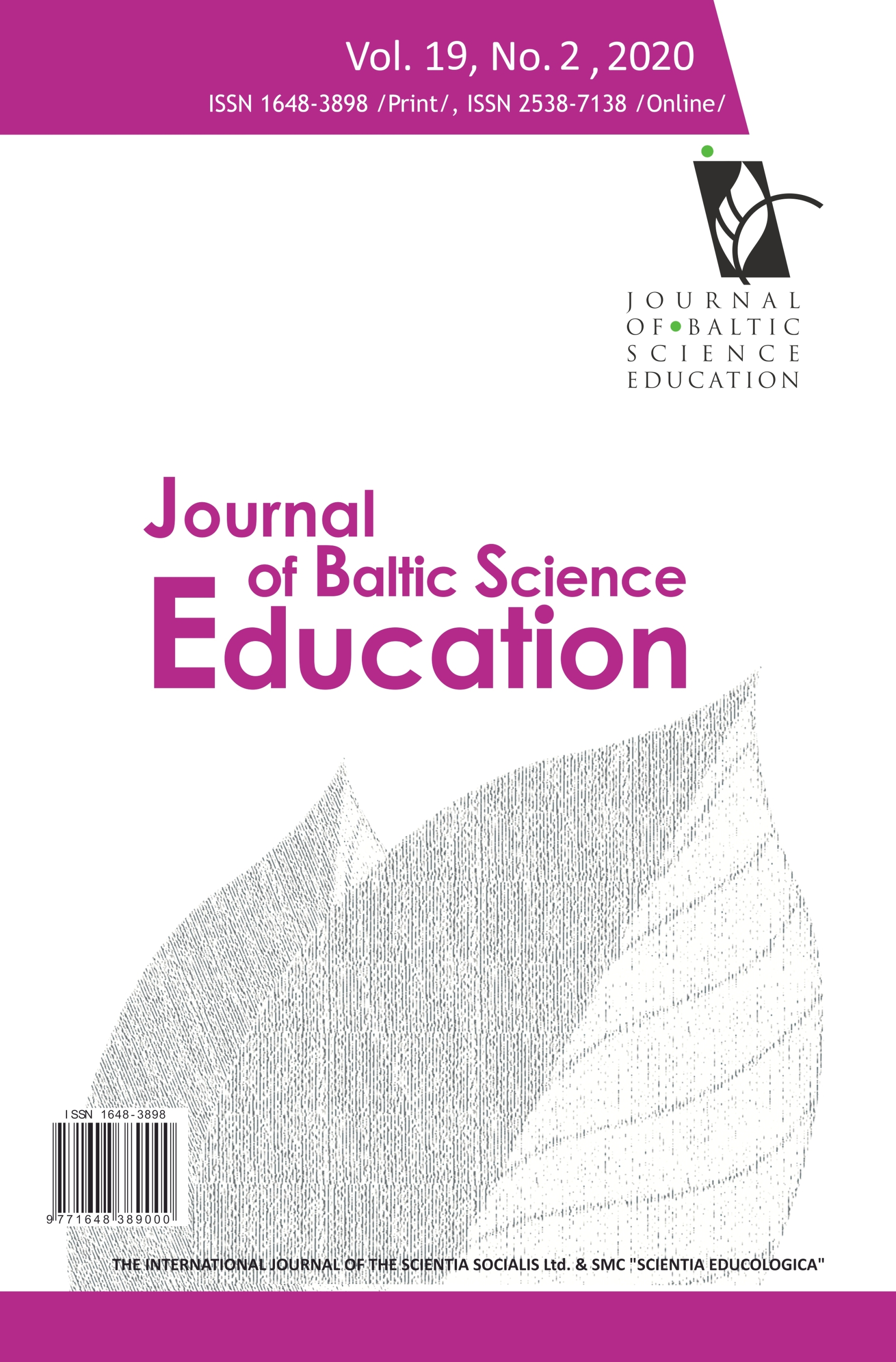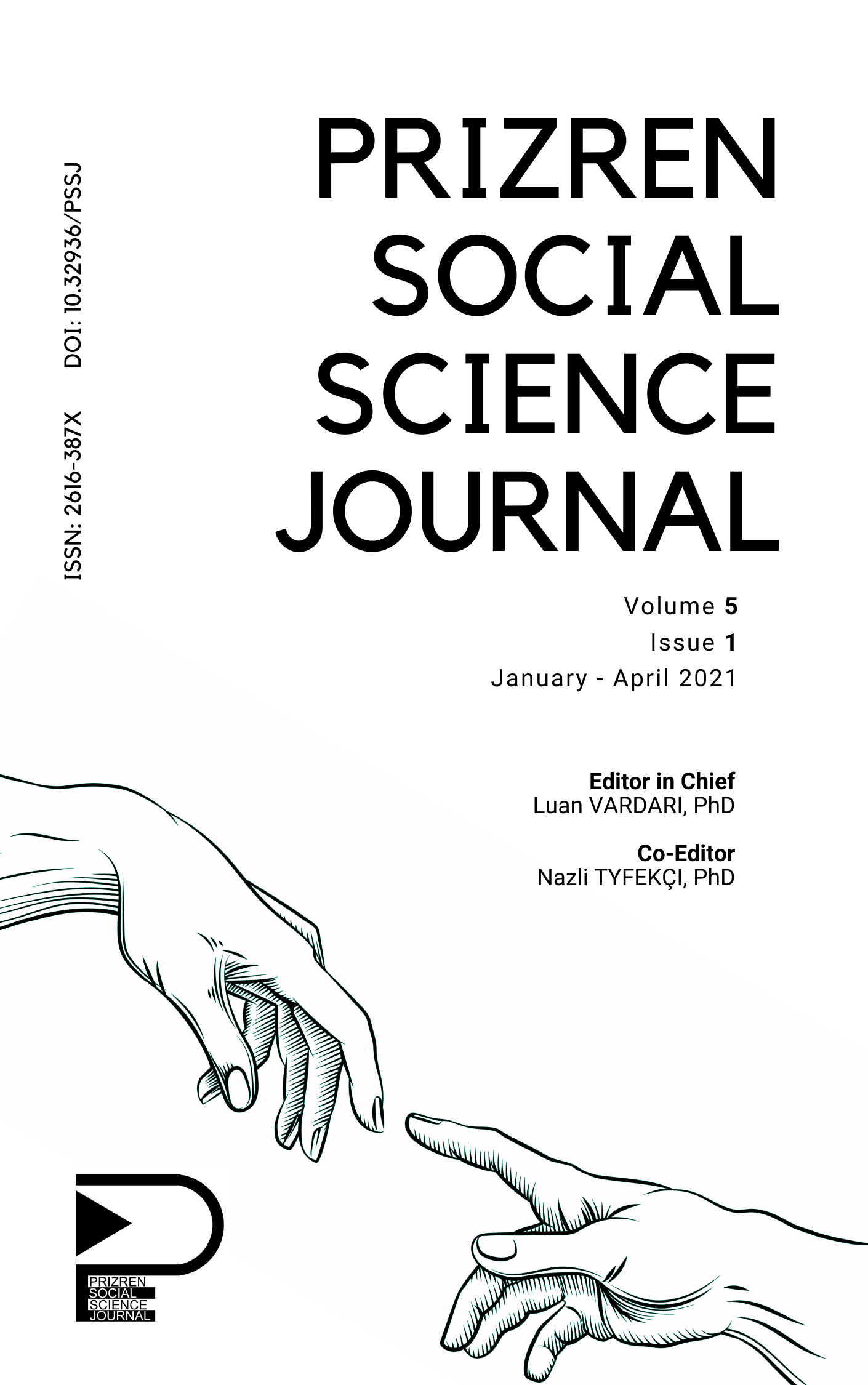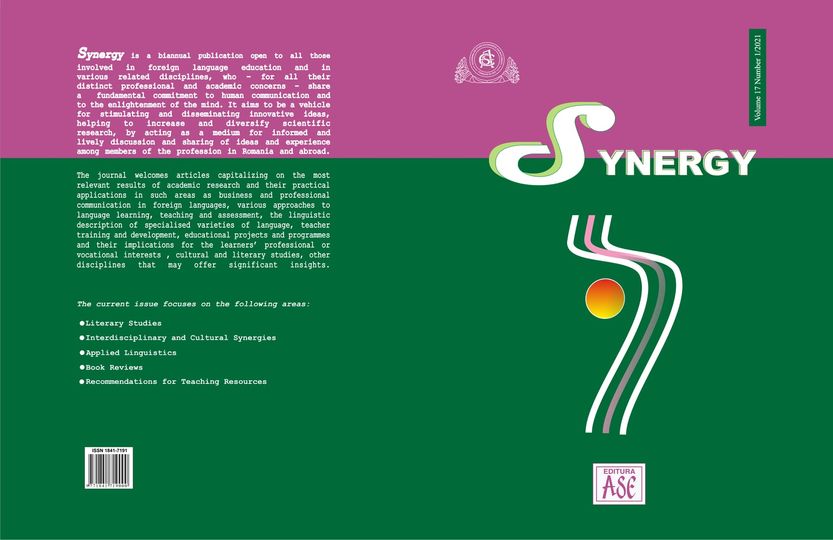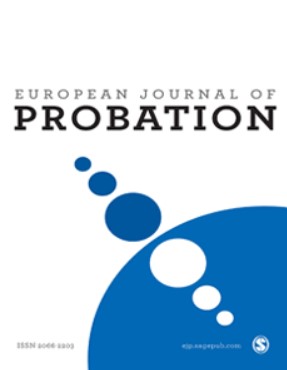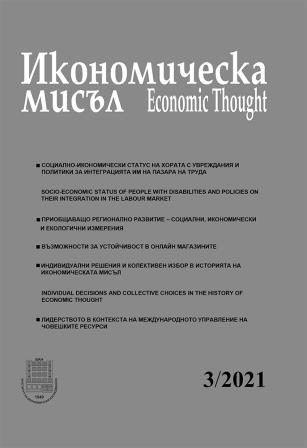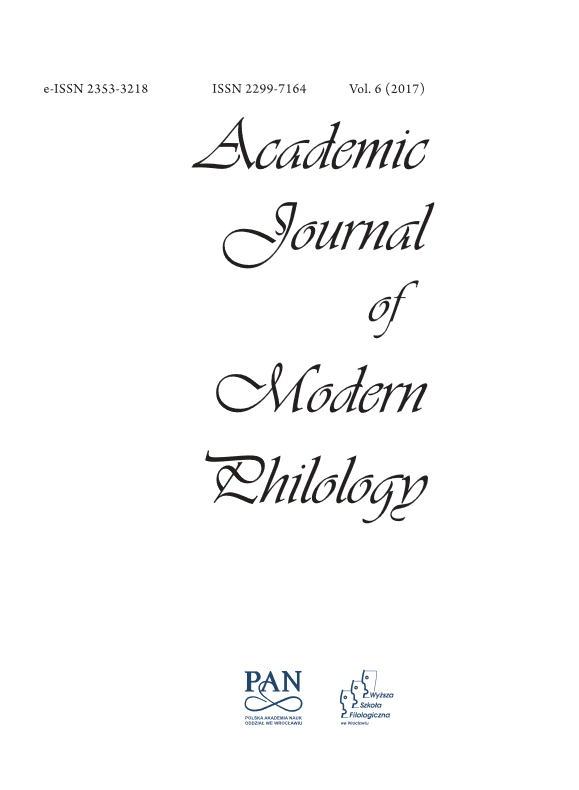From people to power
Author(s): András Nógrádi,Dániel Oross / Language(s): English
/ Issue: Spec 2/2014
Keywords: V4 countries; political recruitment; Members of the Parliament; transparency
The literature of transitology has already reviewed the way in which former socialist countries of Central and Eastern Europe succeeded in joining the capitalist world order (Ágh 1993, Bielasiak 1997, 2002; Birch 2003). It has described the political processes and their effects (e.g. the rebirth and transformation of party systems, the development of civil societies and the electoral systems). However, studies published in the past 20 years have not paid sufficient attention to the picture that the parties and their members paint of themselves when it comes to their recruitment into party politics. Following Olson’s approach, our study draws attention to parliamentarians as ‘the human dimension of legislatures’ that are particularly visible in CEE countries (Olson 1994: 13). In our study, we investigate MPs from the four Visegrad countries: Hungary, Poland, the Czech Republic and the Slovak Republic. Instead of using surveys or questionnaires, we only used publicly available data: the websites of the parliaments and statistic offices, the parties, and the MPs themselves. We were interested in the different representations that MPs construct about their “first contact” with party politics to the voters. The rich literature of party recruitment and the discipline of elite studies came to the conclusion that the parties of the new democracies of the region are concentrating on the elections and the mobilization of their voters, not on the continuous recruitment of new members. Then, how do the MPs join the political parties, what kind of channels are available to them and how do they represent themselves in their publicly available CVs? In the first part of our paper, we present the methodology; in the second, our hypotheses; and in the third, the findings of our research. At the end of the paper, we identify the next steps that are necessary to further develop our theories in a future research.
More...
